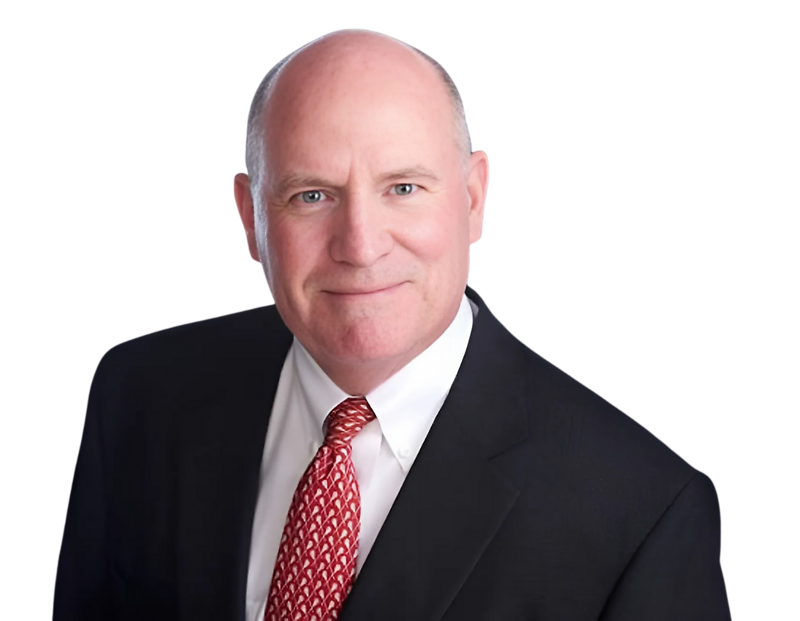The recession has undoubtedly been tough on the oldest of the older crowd, and rumor has it that blatant age discrimination is the reason.
For example, see TLNT's What Discrimination Looks Like in 2011: It's Older and Unemployed, and the recent story in which Home Depot fired an 80-year-old supervisor in New York because she purchased 24 cents' worth of screws so that she could get cash back and avoid paying an ATM fee.* (Hat tip to Workplace Diva for the Home Depot story.)
But, as Henry Fonda's character said in Twelve Angry Men, "It's always difficult to keep personal prejudice out of a thing like this. And wherever you run into it, prejudice always obscures the truth. I don't really know what the truth is."
Here are a few reasons why I question whether age discrimination explains the difficulties that the oldest workers are having:
1. As the TLNT post notes, some employers are "discriminating" against the unemployed. There is no question about this. Some employers have specifically said in advertisements that unemployed, or people who have been unemployed for some minimum period, need not apply. There are many reasons why older workers are more likely to be unemployed (and for long periods of time), but this does not mean they are being discriminated against because of their age. Perhaps they are being discriminated against for being unemployed instead.
(Like John Hollon at TLNT, my gut reaction to a blanket "no unemployed" policy is that, although it may make sense in a good economy -- by tending to screen out applicants with poor work ethic -- it seems inappropriate now, when so many are out of work through no fault of their own. That having been said, I have heard from a number of Human Resources people that some unemployed individuals are applying for positions only because they have to do so to remain eligible for unemployment benefits. Then, when they receive offers, they are declining for reasons that don't make a lot of sense, wasting everyone's time.)
2. Age discrimination has been against the law since at least 1967. This is not to say that there are not employers who violate the law, but the well-known existence of the federal Age Discrimination in Employment Act and numerous state laws prohibiting age discrimination gives me a tingling spider sense that violations would be sporadic and not pandemic.
3. A study cited by the Association of Credit and Collection Professionals International shows that the hardest-hit generation is not those over 55 but rather those late Boomers and early GenX'ers between the ages of 45 and 54. Of course, this demographic is still too young to be able to retire after being displaced from their jobs.
4. I think it's fair to say that, statistically, older workers have higher salaries than younger workers (assuming, of course, that they have jobs). It's well known that the higher your salary, the longer it takes to find another comparable job when you are displaced. When the economy was good, I always heard that one should expect to be searching about a month for each $10,000 one sought in pay. As The Evil HR Lady points out, some employers do not want to hire people who made "too much" money in their previous jobs because of the fear that they will quit at the first opportunity to make more. Assuming all of this is valid, then it is not surprising that a 30-year-old earning $36,000 a year would have an easier time finding a comparable job than would a 50-year-old earning $100,000 a year. And, of course, as we age into the 45-54 age group, our obligations for children, college, mortgages, cars, elderly parents, pile up, all of which make us much less flexible in seeking a new job . . . at least, until we enter that "oldest" demographic and the obligations begin to decrease again (kids graduate and leave the nest, cars and houses paid off, etc.).
5. Because we are shedding financial obligations (and, it is hoped, accumulating some savings) as we enter the oldest age group, if we lose our jobs after age 55 we may have a bit more flexibility than the 45-54 group as to whether to return to work at all. So, even if we want to keep working, we can afford to be a bit pickier, or to take a break from working. Therefore, we may have longer periods of unemployment but not necessarily because of age discrimination. However, these longer periods of unemployment may make the oldest demographic most vulnerable to "unemployment discrimination." This -- not age discrimination -- could help to explain why an individual over 55 who loses his job in this economy may never find another job, as the TLNT post points out.
6. None of this is to say that people over 55 who lose their jobs don't have a hard time of it, or that they are not trying hard enough to find other work. Just that I think there is a complex cluster of factors resulting in higher unemployment for older workers, and I'm not convinced that age discrimination is the culprit.
*The news accounts of the 80-year-old Home Depot supervisor, who is suing for age discrimination, do not include much of Home Depot's side of the story. However, one commenter noted that the supervisor may have done the 24-cent screw/cash back transaction on her own cash register, which would be a serious breach of protocol for a retail employee, and especially for a supervisor, who of all people should have known better. Another commenter pointed out that Home Depot would have had to pay the ATM fees itself whenever an employee made a bogus "purchase" and requested cash back. Retail employers generally have detailed written procedures for handling cash, so it's unlikely that this supervisor would not have been aware of them.
- Of Counsel & Chief Legal Editor
Robin also conducts internal investigations and delivers training for HR professionals, managers, and employees on topics such as harassment prevention, disability accommodation, and leave management.
Robin is editor in chief ...
This is Constangy’s flagship law blog, founded in 2010 by Robin Shea, who is chief legal editor and a regular contributor. This nationally recognized blog also features posts from other Constangy attorneys in the areas of immigration, labor relations, and sports law, keeping HR professionals and employers informed about the latest legal trends.




































